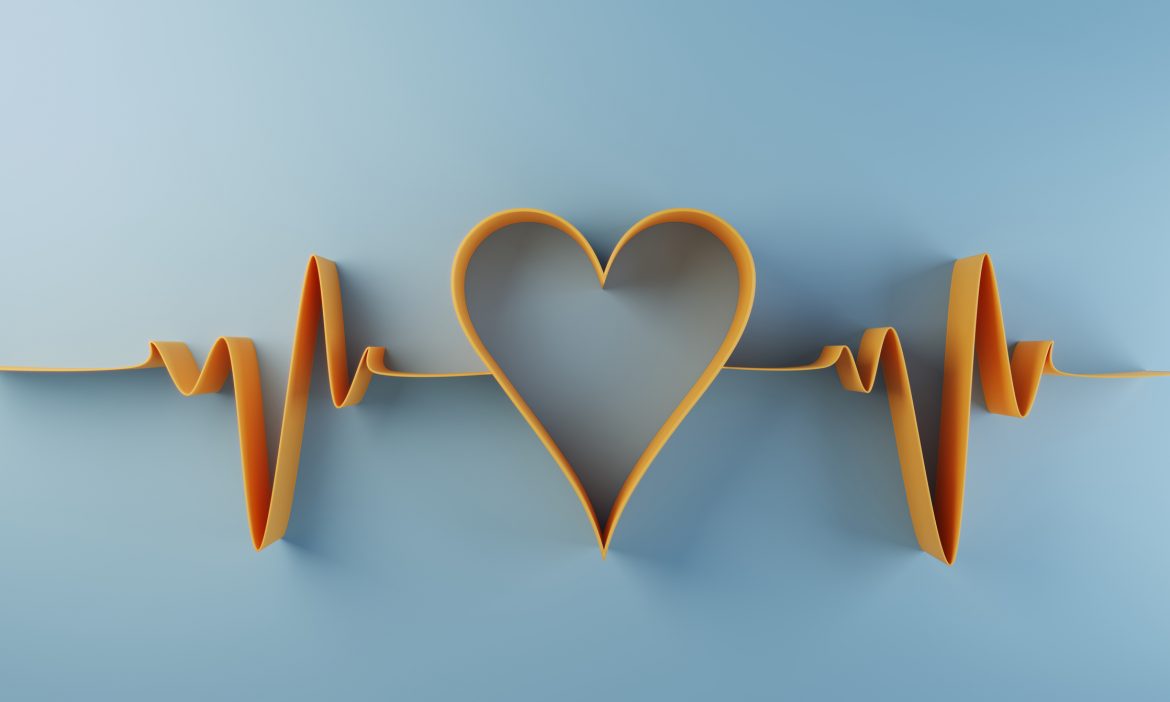There is a reason why cholesterol is one of the first things doctors check. And, when they say that your cholesterol is high – listen up! High cholesterol is closely linked to the onset of many medical problems. However, there are ways for you to manage and even lower your cholesterol.
Let’s get into it!
Cholesterol, the villain
Cholesterol is a waxy substance naturally produced by the liver and found in your blood. Because the body produces this naturally, cholesterol on its own is not seen as a danger because it is essential to the body. However, when cholesterol levels become imbalanced, it can have detrimental effects on your health.
The risks of high cholesterol
High cholesterol is a silent killer, lurking and building up within your arteries, causing an increased risk of heart disease and stroke. Taking steps to keep cholesterol in check is crucial not just for heart function, but for overall health
LDL or low-density lipoprotein cholesterol is the cholesterol that is referred to as “bad cholesterol”. This can lead to the formation and build-up of plaque in your arteries. The build-up essentially clogs the arteries, reducing blood flow and increasing the risk of heart disease.
If and when the plaque ruptures, it can trigger blood clot formation, resulting in a heart attack or stroke.
Check your cholesterol
Your cholesterol levels rise with age. It is advised that from the age of 20, cholesterols levels should be checked.
However, there are possible risk factors that will prompt you to get regular screenings:
Family history
If close relatives, such as parents or siblings, have a history of high cholesterol or cardiovascular disease, you may have an increased genetic predisposition.
Obesity
Carrying excess weight, particularly around the waist, can raise cholesterol levels.
Unhealthy lifestyle
Poor dietary choices, lack of physical activity, smoking, excessive alcohol consumption, and stress contribute to elevated cholesterol levels.
Pre-existing conditions
People with diabetes, high blood pressure, or certain thyroid, liver, or kidney conditions are more susceptible to high cholesterol.
Age and gender
Men aged 45 and older and women aged 55 and older, especially post-menopause, face a higher risk.
Medications
Certain medications, such as some types of antipsychotics and steroids, can increase cholesterol levels.
Methods of cholesterol testing
To assess your cholesterol levels, a simple blood can be done. The test measures various types of cholesterol in your blood, including:
- Total Cholesterol: It indicates the combined levels of LDL, high-density lipoprotein (HDL) cholesterol, and other lipid components.
- LDL Cholesterol: The “bad cholesterol” responsible for plaque build-up.
- HDL Cholesterol: The “good cholesterol” that helps remove LDL cholesterol from your arteries. Foods like salmon, olive oil, avocado, nuts, berries and the best of all – wine!
- Triglycerides: A type of fat that can contribute to artery clogging.
The test requires a fasting period of 9-12 hours beforehand for an accurate assessment of your cholesterol levels.
Preventing and Managing High Cholesterol
- Healthy Diet – Adopt a diet rich in fruits, vegetables, whole grains, lean proteins, and healthy fats while minimising saturated and trans fats, cholesterol, and sodium.
- Regular Exercise – Engage in moderate-intensity aerobic exercises for at least 150 minutes per week to help raise HDL cholesterol and lower LDL cholesterol.
- Weight Management – Maintain a healthy weight or lose excess weight to reduce LDL cholesterol levels.
- Quit Smoking – Smoking damages blood vessels and lowers HDL cholesterol. Quitting significantly reduces the risk of heart disease.
- Medications – In cases of persistently high cholesterol, your doctor may prescribe medications such as statins to help manage levels effectively.
- Stress Management.
Choose your fats wisely
High cholesterol can be due to certain foods. Foods that are high in cholesterol include:
- Eggs.
- Cheese.
- Shellfish.
- Organ Meats.
- Sardines.
- Full Fat Yogurt.
- Fried Foods.
We are not saying cut these foods out completely – some are really healthy for you, in moderation.
If left unchecked, cholesterol might creep up on you and cause some strain on your health. Regular cholesterol screenings, coupled with lifestyle modifications and appropriate medical interventions, can help prevent and manage high cholesterol levels.
By proactively taking charge of your health, you can reduce the risk so be kind to your body and get your cholesterol checked. Your arteries will thank you!
ALSO SEE:
Featured Image: Getty Images

